When I first heard Zen Master Thich Nhat Hanh speak about how meditation practices lead to mindful consumption, I made a commitment to engage in this practice. He said, “If the West stops drinking alcohol by 50%, there would be enough food to feed the world.” This really got to me and I have not taken any alcohol since then. It must be over 25 years by now.
The fifth Mindfuness Training, as I accepted it in 1997 states,
Aware of the suffering caused by unmindful consumption, I am committed to cultivate good health, both physical and mental, for myself, my family, and my society by practicing mindful eating, drinking, and consuming. I am committed to ingest only items that preserve peace, well-being, and joy in my body, in my consciousness, and in the collective body and consciousness of my family and society. I am determined not to use alcohol or any other intoxicant or to ingest foods or other items that contain toxins, such as certain TV programs, magazines, books, films, and conversations. I am aware that to damage my body or my consciousness with these poisons is to betray my ancestors, my parents, my society, and future generations. I will work to transform violence, fear, anger, and confusion in myself and in society by practicing a diet for myself and for society. I understand that a proper diet is crucial for self-transformation and for the transformation of society.
There are four other Mindfulness Trainings concerned with not killing, not stealing, not performing harmful sexual acts and not speaking falsely. You can read more about them on the Plum Village website.
Meditation Practices Lead to Mindful Consumption
Thanissaro Bhikkhu is an American Buddhist monk in the Thai Forest Tradition of Theravada Buddhism and I have enjoyed his writings and translations for many years. This is what he recently had to say about mindful consumption on the Tricycle Magazine website:
At the same time, we’ll never know our impulses. When you simply ride with your impulses, you don’t understand their force. They’re like the currents below the surface of a river: only if you try to build a dam across the river will you detect those currents and appreciate how strong they are. So we have to look at what’s important in life, develop a strong sense of priorities, and be willing to say no to the currents that would lead to less worthwhile pleasures. As the Buddha said, if you see a greater pleasure that comes from forsaking a lesser pleasure, be willing to forsake that lesser pleasure for the greater one…
Read more here.
He goes on to say,
So we’re not practicing for a more intense appreciation of sights, scents, sounds, tastes, smells, tactile sensations. We’re practicing to realize that the mind doesn’t need to depend on those things, and that it’s healthier without such dependencies. Even though the body requires a modicum of the requisites of food, clothing, shelter, and medicine, there’s an awful lot that it doesn’t need. And because our use of the requisites involves suffering, both for ourselves and for everyone else involved in their production, we owe it to ourselves and to others to keep pushing the envelope in the direction of restraint, to give up the things we don’t need, so as to be as unburdensome as possible.
Call it “restraint” or “mindful consumption” – the result is the same. Meditation practices lead to mindful consumption because we are aware of what we have and what others need. This develops our sense of compassion and our willingness to be generous. Generosity, compassion, loving kindness and patience lead us to wisdom and the realization that all beings want happiness and to avoid suffering.
How Will You Practice Mindful Consumption?
Now it is your turn to think about mindful consumption. What can you do to curb your impulses to always buy this or that, to eat fast food, to watch those awful television programs, to gossip about your friends when they are not present?
What ideas do you have about consuming alcohol, cigarettes, drugs and other harmful substances?
Would you rather take a pill or meditate for nine minutes?
Please share your thoughts. You know what to do!
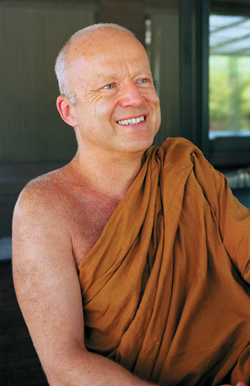






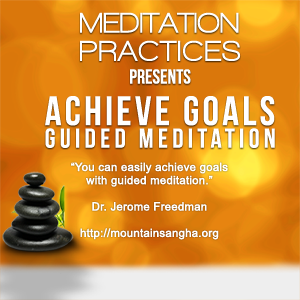
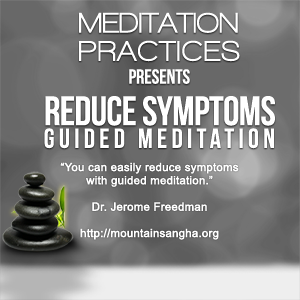
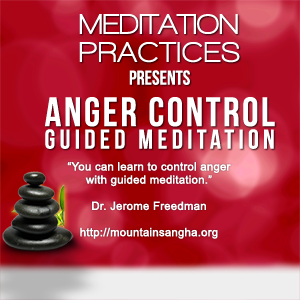
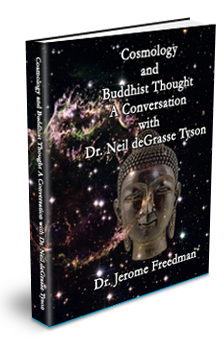
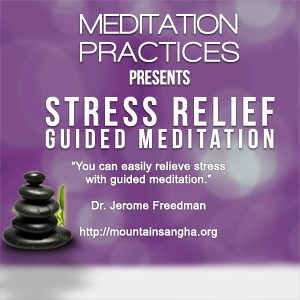


You must be logged in to post a comment.